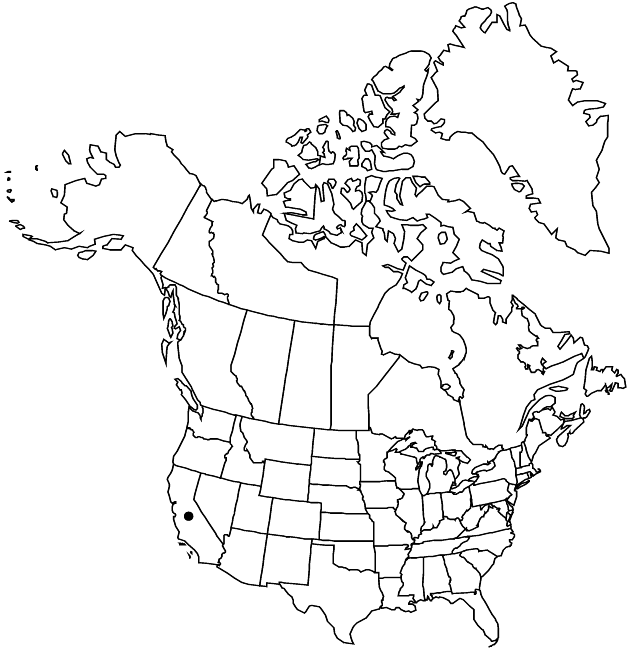Gamochaeta stachydifolia
Bol. Soc. Argent. Bot. 9: 382. 1961.
Annuals, 4–15 cm; taprooted. Stems erect, densely and loosely gray-white tomentose-arachnose. Leaves basal and cauline, basal mostly withering before flowering, blades oblanceolate, 1–3 cm × 2–6 mm (usually folded along midveins, bases subclasping, not auriculate; nearly unreduced among proximal heads, none longer than glomerules), faces concolor, tomentose-arachnose. Heads in continuous cylindric arrays 2–3(–4) cm × 10–12 mm (pressed). Involucres campanulate, 3.5–4 mm, bases sparsely tomentose. Phyllaries in 4–5 series, outer narrowly ovate-triangular, lengths ca. 1/3 inner, apices acute to acute-acuminate, inner oblong, laminae tan to brownish (not purple), apices (brownish) rounded-apiculate. Florets: bisexual 2–4; all corollas yellowish. Cypselae: not seen.
Phenology: Flowering Mar–May.
Habitat: Hillsides, riparian woodlands, disturbed sites, sandy soils
Elevation: 30–500 m
Distribution

Introduced; Calif., South America.
Discussion
Selected References
None.